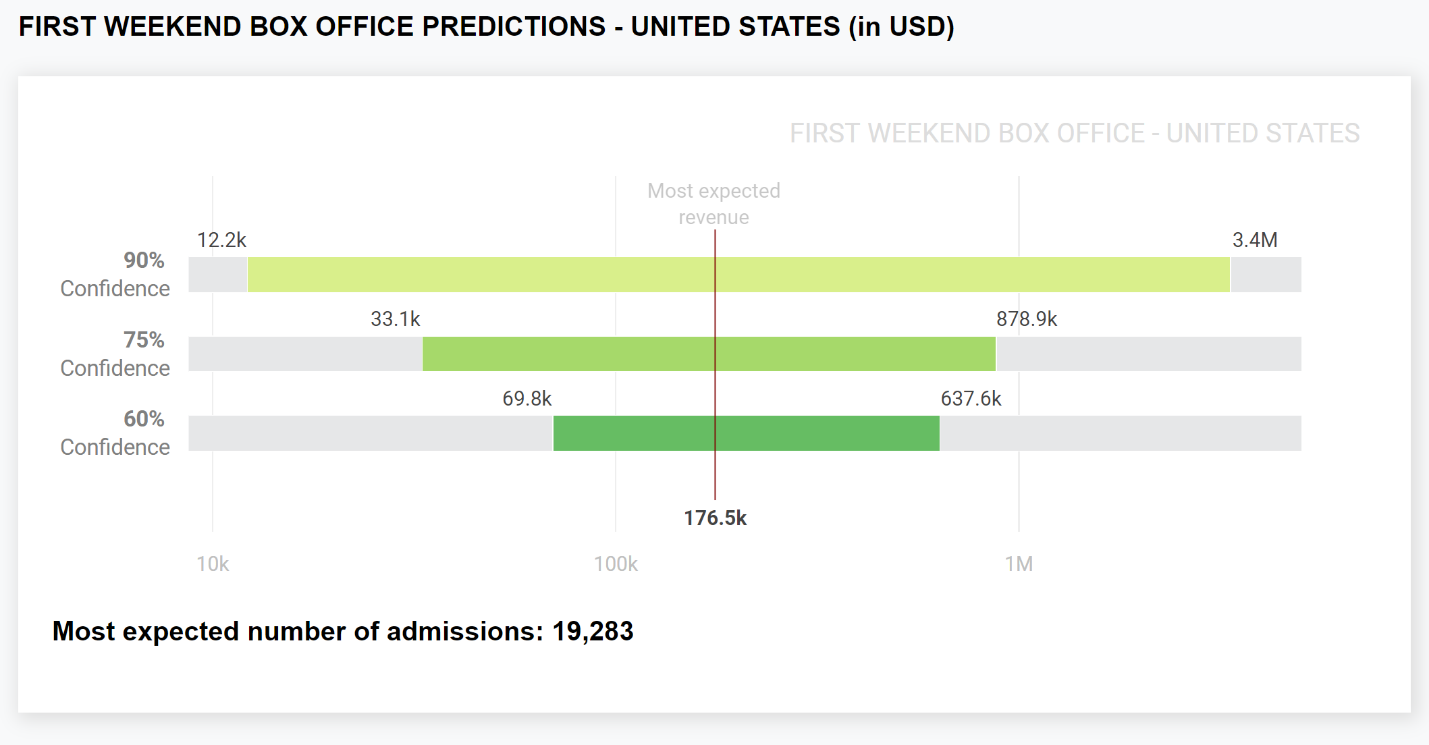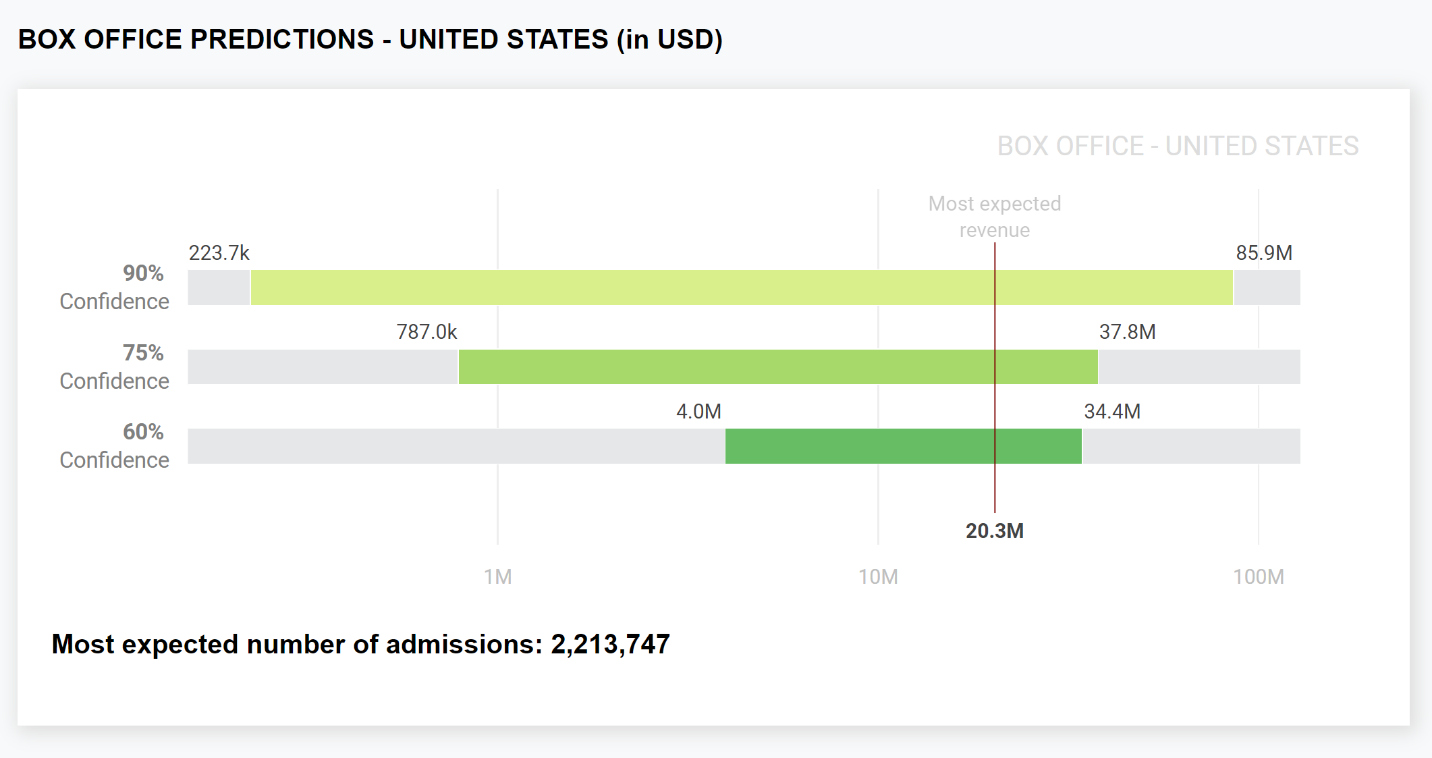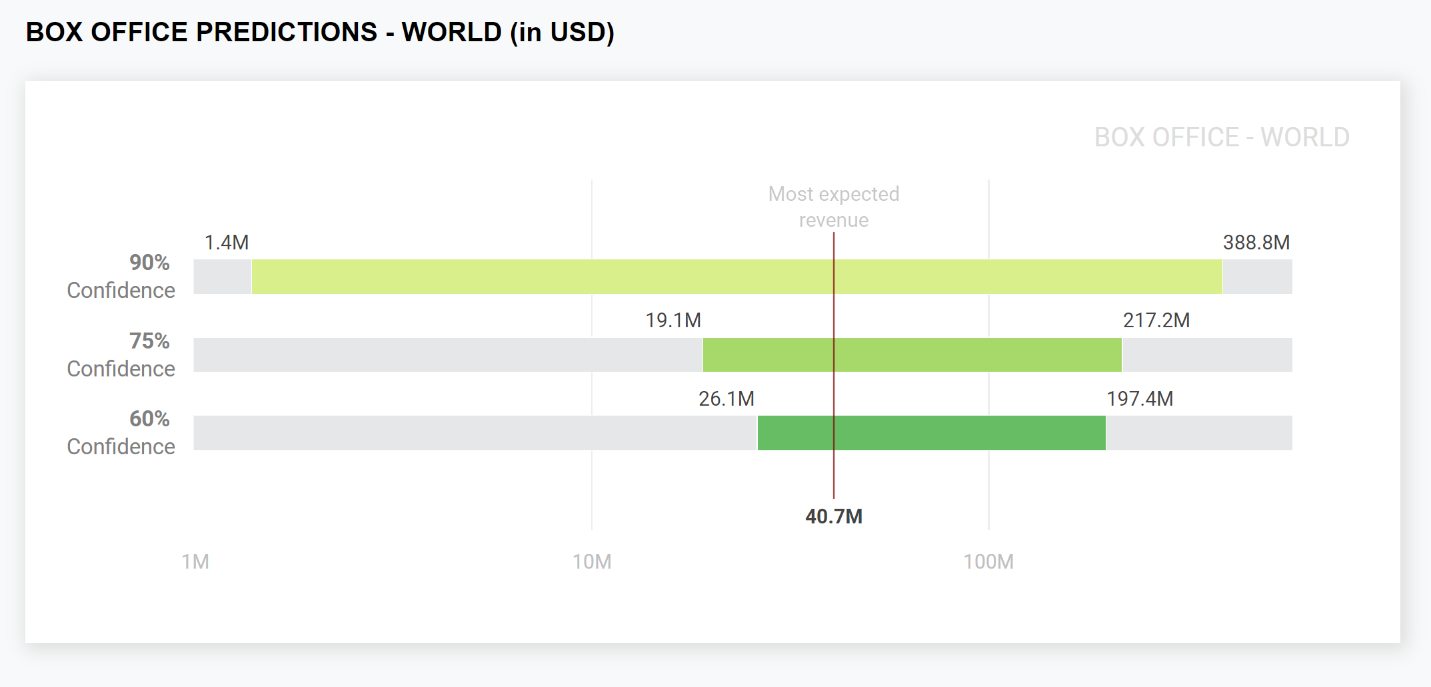
In recent years, there has been a huge buzz around online streaming services such as Netflix and Sofy.tv, and how they are reshaping the movie business.
Netflix was at the forefront of this movement when it developed a video streaming service that allowed anyone with a computer to stream TV shows and movies from their own home.
Its rise has been meteoric. Today, it has 203.67 million paid subscribers worldwide and is now a major production studio that produces both TV shows and movies.
Its model involves releasing TV shows and movies that its users can watch anytime and anywhere via its online streaming platform. In the case of TV shows, Netflix releases the entire series all in one go, meaning its users can watch them at their leisure.
Given that the basic monthly subscription starts at around $9, members get exceptional value for money when compared to the price of movie theatre tickets, which on average, cost around $9.21 in the U.S.
Troubles at the top
When it comes to movies, however, Netflix has faced some unusual problems.
Firstly, due to resistance from the big Hollywood movie studios, Netflix has found it hard to get its films released in large numbers of movie theatres when it wanted to.
Added to this, many of Netflix’s potentially award-winning films have not been eligible for submission to international film festivals due to the fact they don’t meet the entry requirements that require films to have been released to movie theatres first.
Despite this, Netflix has soldiered on. It and other streaming services have become serious competition for the big Hollywood studios whose only answer is to withdraw their content from Netflix and to launch their own video streaming sites, as in the case of Disney.
Recently, the release of Martin Scorsese’s The Irishman (2019) might just have exposed a really important chink in Netflix’s armor. Despite the film being “watched by 17.1 million people in its first five days of digital release in the United States, including 3.9 million on its debut day,” it only made $8 million at the box office, something which means that Netflix would have lost most of the $159-250 million investment it made in the production.
Netflix is famed for its financial losses. The company burns through billions per year in cash investing in its original content production. While this is ok over the shorter term, it is inevitable that Netflix will have to readdress its business approach to prevent such losses in the future and make its business sustainable.
With losses such as those amassed with The Irishman, this is going to be a tall order. So, should Netflix consider pushing a hybridized version of its business model that sees it release its more popular movies to movie theatres first?
In order to answer this question, Largo.AI undertook a gross earnings analysis of The Irishman for both movie theatres and for live streaming. Here is what it found.
Opening Weekend Box Office

“The film did not play at the theaters owned by AMC, Cinemark, Regal, or Cineplex, because the four week progression to SVOD remains unacceptable to those chains.” – Source Wikipedia.
Largo.ai’s results indicated how damaging the limited theatrical release that The Irishman received was. Without cinemas to view it in, audiences could not watch the film. Others chose to wait as Netflix announced the full release on its video on demand platform would come just 4 weeks later.
We can only guess how much the film made on its opening weekend as Netflix does not release this data. IndieWire estimated that it grossed “$350,000 over the opening weekend”, a figure which puts it well within all 3 Largo.ai gross estimate ranges.
Largo.ai extrapolated a $176.5k figure that represents a fairly good guess given that the number of theatres showing the film changed week upon week.
Here is just how messy the release was, “Expanding to 22 theaters in its second weekend, the film made an estimated $440,000, for a ten-day running total of about $940,000. It then grossed an estimated $1.25 million from 175 theaters in its third week, and $1.2 million from 200 in its fourth.”
Gross Earnings Total U.S Box Office

According to Wikipedia, “The Irishman grossed an estimated $7 million in North America.”
If correct, this would bring total earnings in the U.S within all three Largo.ai gross earning prediction ranges.
Box Office Gross Worldwide

The Irishman also grossed $910,234 internationally, resulting in an estimated worldwide gross total of $8 million. Once again, it is important to note that these are the best guess figures as Netflix has not released any official data.
However, here is where it gets interesting, the figure of $8 million falls outside all three prediction ranges extrapolated by Largo.ai, which estimated $40.7 million and a top possible earnings of $388.8 million.
The reason for this was simple, a disordered theatrical release that meant that by the time it had even hit many cinemas, it was already available on Netflix, and a widespread mentality prevailed that Netflix’s 200+ million subscribers just decided to wait until it was released on the platform so they could watch it for free.
Had Netflix been using AI-assisted moviemaking, it would have had sufficient insights about expected gross earnings that it could have rethought its limited release policy and opted for a widespread theatrical release of the film instead. Largo.ai’s worldwide gross predictions highlight just how badly Netflix got it wrong.
Huge Untapped Potential
In July 2020, Netflix did reveal that The Irishman had been watched by 64 million users in the first four weeks of release, making it one of its most successful original films.
This information validated both Largo.ai’s findings and an article in the Chicago Tribune that stated that the film “potentially could have brought in anywhere from $80–115 million if it was released theatrically”. The article went onto estimate that Netflix could have lost as much as $280 million when factoring in marketing and other post-production costs.
It seems that by creating a 4-week limited release in theatres before a full rollout on its platform, Netflix created an environment where the big movie theatre chains turned their backs on what could have been its single most commercially successful films to date.
Had Netflix recognized the true value of a high-profile movie theatre release of The Irishman, it could have turned a huge loss-making movie into one of its biggest money revenues streams to date.
In the process, it might also have engineered an environment of collaboration where movie theatres would be allowed to show Netflix’s high-profile films in exchange for huge distribution payments and even concessions such as free tickets to Netflix members, something which would have certainly been a win-win all around.
Perhaps it is time that Netflix sit down and have a serious think about their business model going forward?
After all, their investors might have deep pockets, but if they start to see the company throwing away such enormous revenue streams due to it being locked into its own narrow worldview, those investors might just start asking for some of their money back.





Stay connected